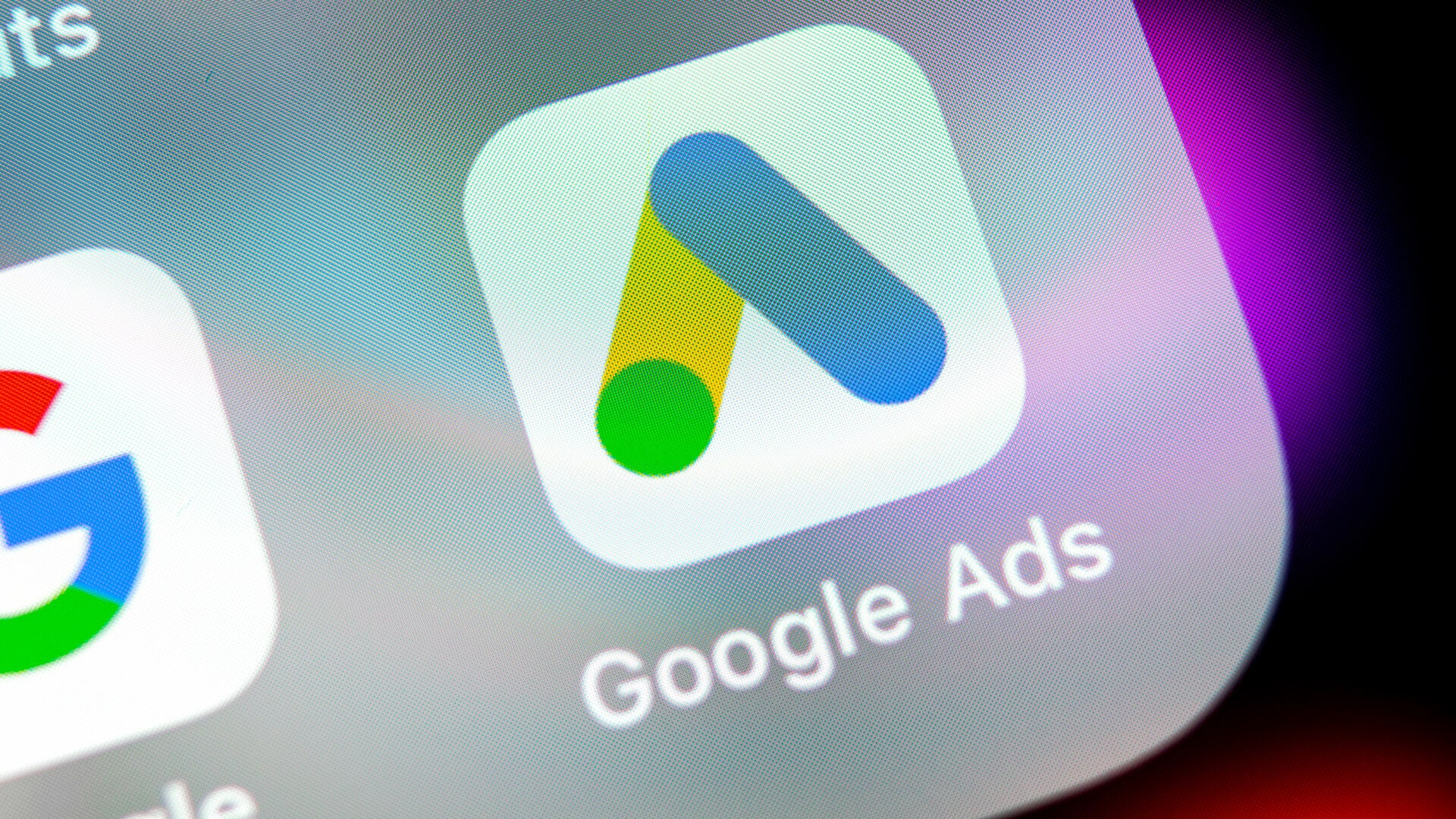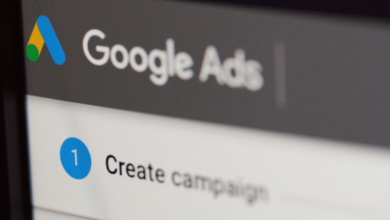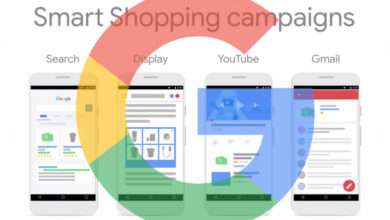Google to launch new Dating and Companionship Ads policy

Google recently announced a new policy regarding Dating and Companionship Ads that is set to take effect in March. The aim of this new policy is to ensure that ads related to dating or companionship on Google Ads are not exploitative, deceptive, or otherwise inappropriate. This update will bring changes to existing rules under the Inappropriate Content and Sexual Content policies.
Key Details of the Policy
Advertisers looking to run dating-related ads will now be required to complete a certification process before their ads can be displayed. Some key details of the policy include:
- Enforcement Date: The enforcement of the new policy will begin on March 4, with a gradual ramp-up over several weeks.
- Policy Scope: The policy explicitly bans certain types of ads and content, such as underage dating promotions, compensated companionship, exploitative or deceptive dating services, mail-order spouse services, and misleading imagery or text that does not align with the audience being targeted.
Restricted Categories
Ads falling into specific categories will face restrictions under the new policy. These categories include hook-up, fling, or swinger sites, affair dating or infidelity services, sexual fetish dating, livestream or chat apps featuring nudity or suggestive content, and racy imagery in ads or on landing pages.
Importance of Compliance
It is crucial for advertisers to take note of these changes and ensure compliance with the new policy. Failure to obtain certification may result in ads being blocked starting March 4, leading to halted campaigns and potential revenue loss. Adhering to these policies is essential to align with local laws and regulations and maintain access to Google’s extensive ad network.
Actions to Take
Advertisers in the dating and companionship space should take the following steps to comply with the new policy:
- Review Your Ads: Check if any of your content falls under the scope of the policy.
- Get Certified: Complete the certification process if your ads qualify.
- Adjust Campaigns: Remove or update non-compliant ads by March 4 to avoid penalties.
Conclusion
Google’s new Dating and Companionship Ads policy signifies a stricter approach to regulating dating-related ads. By emphasizing user protection and transparency, Google aims to create a safer advertising environment. Advertisers operating in this space should act promptly to comply with the new policy and continue benefiting from Google’s ad network.
Frequently Asked Questions (FAQs)
1. What is the purpose of Google’s new Dating and Companionship Ads policy?
The policy aims to crack down on exploitative, deceptive, or otherwise inappropriate content in dating and companionship ads on Google Ads.
2. When will enforcement of the new policy begin?
Enforcement will start on March 4, with a gradual ramp-up over several weeks.
3. What types of ads and content are explicitly banned under the policy?
The policy prohibits underage dating promotions, compensated companionship, exploitative or deceptive dating services, mail-order spouse services, and misleading imagery or text that does not match the target audience.
4. Why is compliance with the new policy important for advertisers?
Failure to comply with the policy may result in ads being blocked, leading to halted campaigns and potential revenue loss. Adhering to the policy ensures alignment with local laws and regulations.
5. What steps should advertisers take to ensure compliance with the new policy?
Advertisers should review their ads to check for compliance, complete the certification process if required, and adjust campaigns to remove or update non-compliant ads by March 4.


